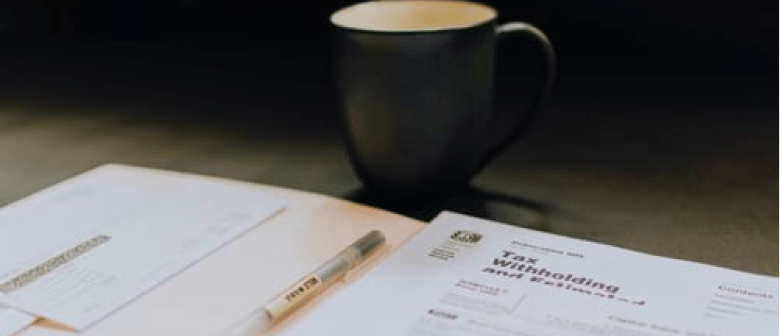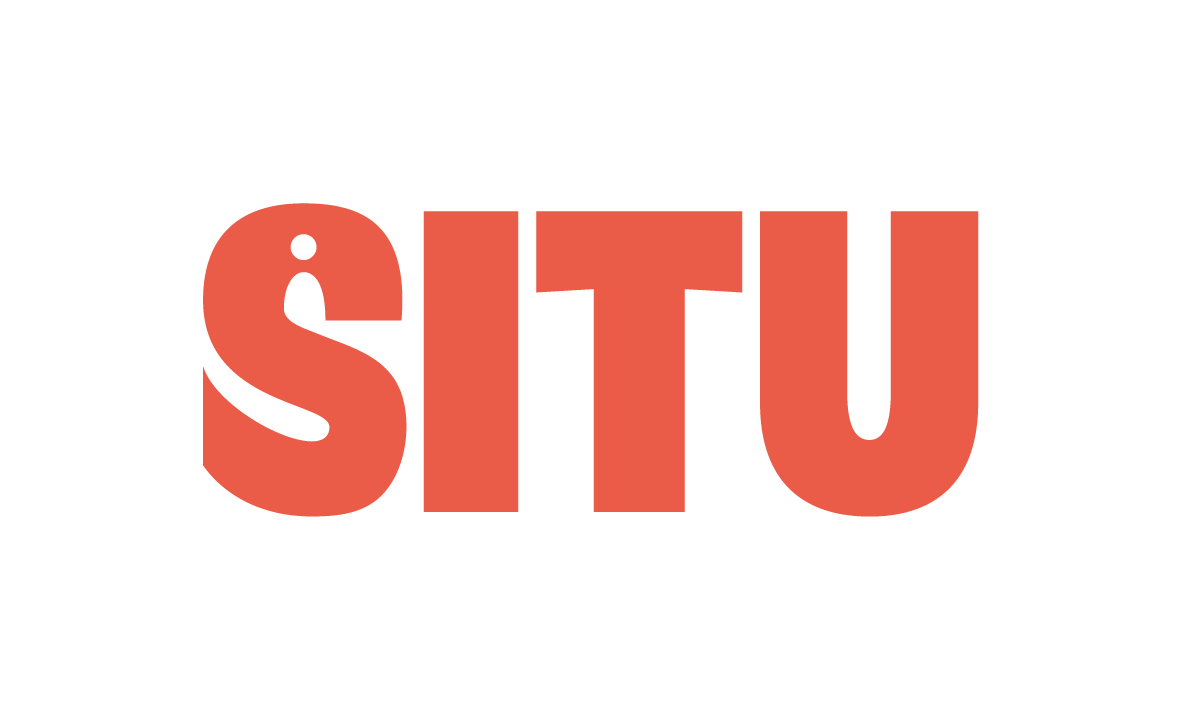The recent VAT changes in response to the COVID-19 pandemic are now in full effect in the UK, but what impacts are they having on the serviced accommodation industry?
Well, here it is; everything we think you need to know about the recent VAT changes.
What do we need to know about the VAT changes?
- Overview of the 5% VAT Rate Change
- Tax Points
- “Reduced Value Rule”
- Deposits and Other Charges
- VAT Change Advantages and Disadvantages
Overview of the 5% VAT Rate Change
1. Overview of the 5% VAT Rate Change

Unless you have been living under a rock for the last couple of weeks, you would know that Chancellor Rishi Sunak has recently introduced a reduced rate of VAT across the hospitality and tourism sectors. The rate has decreased from 20% to 5%, costing the government over £4 billion.
This change falls under the (VAT Notice 709/3), which covers rules for accommodation in the UK. This temporary reduction has been in place since the 15th of July and will remain until 12 January 2021.
In many ways, this is great for VAT-registered serviced accommodation operators, incentivizing business travel and stays in the UK. What’s important to remember though is that this VAT change will only be applied to accommodation which would ordinarily be standard rated. Right now, this change does not apply to TOMS (Tours Operators Margins Scheme).
Furthermore, companies ARE NOT obliged to pass on the VAT cut, by way of reduction in overall cost, to customers or other businesses.
Tax Points
2. Tax Points

Firstly, it is important to consider VAT rates with regard to two things; Time of Supply and Tax Points. There appears to be a common assumption that any guest staying in a serviced apartment at any point during this 5% rule period, profits from the VAT change. This is not always the case.
A tax point is marked as being the earliest dates that; a service is completed (checkout date), a payment is received, or an invoice is raised. For each of these actions, on the date they are completed (the time of supply), that is when the VAT rate is applied. This means any tax points that take place outside of the 5% VAT period, will instead be charged 20%.
This also means that a full transaction, from the first payment to service completion, can have various VAT rates applied to it. This is dependent on when the tax point has been created.
This is why it is so important to keep track of and manage your tax points.
Reduced Value Rule
3. Impact on the ‘Reduced Value Rule’ for Longer-term Stays

As you’re probably aware, the ‘Reduced Value Rule’ for longer stays, also known as the ‘4% Rule’, states that if a guest stays in your accommodation continuously for more than 28 days, from the 29th day onwards, the rent element of the stay no longer becomes VAT-able for the guest.
Nevertheless, VAT charges must still be enforced on any facilities and services that are included in the stay selling price. The minimum amount of the price that is relating to facilities is 20%. So, operators must charge guests VAT at the Standard Rate (20%) on at least 20% of the selling price. 20% of 20% is 4%, thus the ‘4% rule’. Straightforward, right?
Well, with the new 5% VAT change, this rule for longer-term stays also changes. Now, because the VAT rate is now at 5%, for the longer-term stays, the guest is instead now charged the New Standard Rate (5%) on at least 20% of the selling price.
Applying the same logic – this effectively means that for stays over 28 days within the given period, stays are now charged at 1% VAT instead of the previous 4% VAT rate.
Deposits And Other Charges
4. Deposits and Other Charges

There are only a few changes to rules regarding charges such as deposits, cancellations, booking fees and retention fees.
Deposits are predominantly received as advance payments, and you must account for VAT in the return period in which you receive the payment. Also, regardless of the applied rate at the time, if you retain a booking deposit, which your customer fails to take up, the VAT still remains due. Booking fees are treated in the same way.
As for cancellation charges, they remain the same in the sense that VAT is due when payments are made. This is regardless of whether they are paid in full or in part. Only to the extent that the cancellation payment is refunded to the customer can the VAT which is accounted for be reduced.
Retention fees used for the reservation of accommodation is eligible for the reduced VAT rate. More specifically, any paid retention fee for a period of absence following the first 28 days of a stay could profit from the reduced rate.
Any Service charges made will, however, remain standard-rated.
Be sure to have a read of the VAT 709/3 guidance regarding these charges. You can learn in more detail about calculating reduced VAT, accompanied by examples.
Advantages And Disadvantages
5. VAT Change Advantages and Disadvantages

On the whole, this is great news for our sector. The obvious benefit of this VAT change is the idea that business will hopefully bounce back to normal levels once again. Whether this will be enough though to convince regular corporate travellers to book stays amidst this pandemic is still unknown.
Of course, someone who may not have usually stayed in serviced accommodation may now feel they can following the VAT change. Ultimately though, consumerism is still relatively unpredictable.
Perhaps the biggest disadvantage of this VAT rate change is the hassle put upon companies to update their systems to reflect the reduced rate. Providers will find themselves making changes to invoicing systems and book-keeping software. Be sure to read this article from Armstrong Watson about making accounting changes to accommodate for the reduced rate.
However, operators do have control over their tax points and booked stays throughout this period. Having bulk advance payments received during the 5% VAT period could ensure easy savings on the whole.
Accommodation providers don’t have to give discounts or refunds either on deposits that have already been paid or any remaining balance still to pay. Providers can be flexible with how they approach this VAT change and make decisions which are right for them.
For more information on VAT changes and the regulations in place regarding the serviced accommodation industry, visit the .GOV VAT advice page.
Or, have a watch of this short ‘Industry Leaders Live’ interview from ASAP. Here they also talk about understanding the impacts of the recent VAT changes on our sector.


Comments are closed.